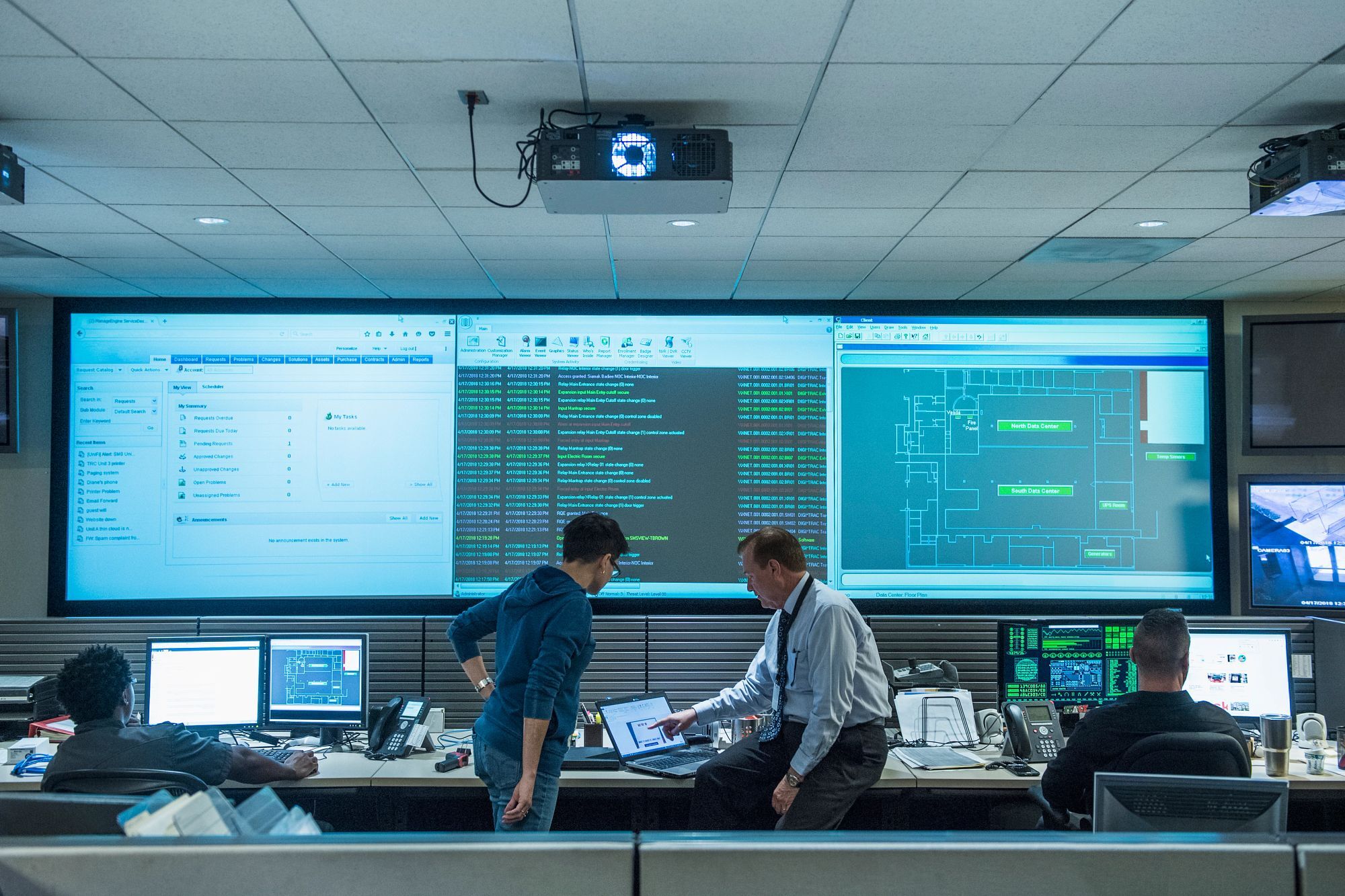How to Develop Non-Accredited Standards and Protocols for Food Equipment or Nonfood Compounds

Non-accredited standards and protocols
When a product or service is not addressed under the scope of an existing NSF Standard or other standard or method, we may be able to help, by developing alternative protocols instead.
Why develop an unaccredited protocol or standard for your food equipment or nonfood compound?
- You need standardization but no protocol or standard exists currently.
- You want a proprietary standard or protocol.
- You want to lead the way in your industry.
- You have a new innovation that you believe needs to be standardized.
- You want to avoid unnecessary duplication in your industry.
A non-accredited standard or protocol is not governed by an outside party and is not subject to audits.
NSF protocols are typically developed by our experts who work with individual clients or multiple organizations seeking a framework or guideline against which their products or services can evaluated and standardized. We often bring together expertise, to help develop the protocol working closely together, tapping into the specialist knowledge to be found in our innovation, standards, quality assurance, and global laboratory teams.
The draft protocol or standard is then reviewed by a small external panel of between three and ten members who are selected by our team to review the proposal and raise any concerns for NSF to consider and address prior to publication.
Unlike the ANSI/SCC standards, NSF protocols are not subject to a public review or a secondary level review by the PHC (Public Health Council). They are also considered proprietary protocols that are usually only available to NSF certification customers. Because of this abbreviated process, protocols can be developed in as little as three to nine months and provide the opportunity for all stakeholders to participate in the protocol development process.
The development of NSF protocols and other non-accredited standards bring the advantage of speed to our clients and industry too. The truncated process allows for a quicker turnaround time for publication of the protocol itself, and therefore the testing and certification to it. And because these documents are considered proprietary, we give the protocol sponsor first rites to certification and can limit access to the protocol based on the company’s intentions.
Here are some examples you might not expect, where our expertise in sanitation, hygiene and allergens have been applied to domestic and commercial appliances.
- P154 – Sanitation Performance of Residential Clothes Dryers
- P172 – Sanitation Performance of Residential & Commercial Full-Sized Clothes Washers
- P351 – Allergen Reduction Performance of Residential & Commercial Full-Sized Clothes Washers
- P335 – Hygienic Commercial Hand Dryers
If you’re interested in sponsoring a protocol to help you standardize your innovation, or you want your products or service to be certified to an existing protocol, please contact us.
Explore standards development with us
Explore your options with us today.
What’s New with NSF

NSF Granted Reauthorization as a CMMC Third-Party Assessment Organization
January 8, 2025
NSF Celebrates 50 Years of the Safe Drinking Water Act
December 16, 2024